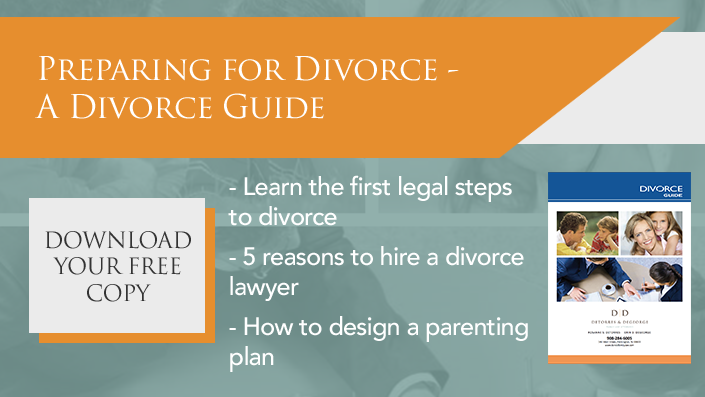Many couples continue to live in the same house during and sometimes even after divorce. One of the most common reasons for this is money. If all of your money is tied up in the house, it may be impossible for either one of you to afford another residence. Sometimes, neither spouse feels he or she should have to leave the marital home (often because attorneys counsel that if you leave, you are not as likely to obtain possession of the home). Some people also refuse to move out because they want to be with the children, and no one can agree on a . Some couples choose to live together because it makes financial sense and they are able to cohabit as friends, with none of the strife involved in their marriage.
However you end up living in the same home with your ex, there are some things you can to do to make the situation easier and more livable for everyone.
- Create zones. Designate personal zones, such as bedrooms and possibly bathrooms that will belong exclusively to each of you. Creating privacy reduces much of the stress of sharing a home.
- Devise a schedule. Setting specific individual times of use for shared spaces such as the kitchen or living room can reduce your contact with each other and relieve conflict.
- Set up parenting times. Even if you haven’t been able to agree to a formal parenting plan, creating a schedule that specifies when each of you is “on duty” will make parenting together easier and give each of you free time.
- Consider moving in and out. Some couples are unable to formally and completely move out of the home, but find they need space. In this kind of situation, you can assign days when you each get to live in the home alone. The other spouse goes somewhere else on these days, such as a friend’s house or an apartment. This approach works when there are children and allows parents to move in and out of the home for their scheduled parenting time. The children get to live full-time in their own home, reducing the effect of the divorce on them.
At DeTorres & DeGeorge, your future is our focus. Call our office for help with your case in the Bridgewater and Warren Township areas of New Jersey.


 START LIVE CHAT
START LIVE CHAT











